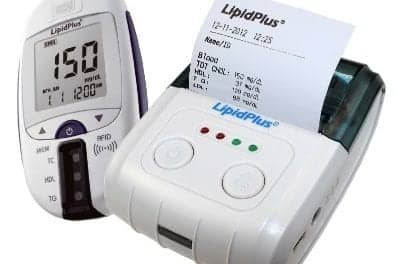The Milken Institute’s Center for Strategic Philanthropy announced the opening of a comment period on its recently released resource aimed at increasing autoantibody screening for Type 1 Diabetes (T1D). The goal is to ensure stakeholders, including funders, researchers, industry, policymakers, and patient groups, can contribute to the implementation of effective screening. This resource was funded by The Leona M. and Harry B. Helmsley Charitable Trust.
table Trust’s Type 1 Diabetes Program, our single most important criterion for funding any project or initiative is that it must have the potential for significant impact,” says Anne Koralova, PhD, program officer for the Helmsley Charitable Trust’s T1D Program. “Because of the life-changing — and sometimes life-saving — impact of screening, the Milken Institute’s roadmap undoubtedly meets this criterion. The public comment period will enable all those who care about this issue to share their insight so that we stand the best chance of making the biggest difference in the future.”
Once commonly known as juvenile diabetes, T1D is an autoimmune disease in which the immune system attacks the insulin-producing cells of the pancreas. The disease affects people of all ages and can cause numerous negative and lifelong health consequences. Currently, there is no means of preventing or curing T1D, but screening for T1D autoantibodies, especially in the pediatric years, can play an important role in diagnosing the disease early, preventing diabetic ketoacidosis (DKA), a life-threatening condition, and aiding in the development of therapeutics to prevent or delay T1D.
“It’s critical to make space to hear from the T1D community and those who’ve been working to screen for, diagnose, and treat T1D,” says Melissa Stevens, executive director of the Milken Institute Center for Strategic Philanthropy. “The leadership of the Helmsley Charitable Trust and the insights of the wider T1D community will pave the way for a healthier life for those with T1D.”
The roadmap was developed and released in April 2021. It included substantial input from a variety of stakeholder groups across the T1D research, clinical, and nonprofit community, as well as decision makers in preventive health policy. The aim of the open comment period is to gain insight from the community on the relevance of the goals and action items in the roadmap.




